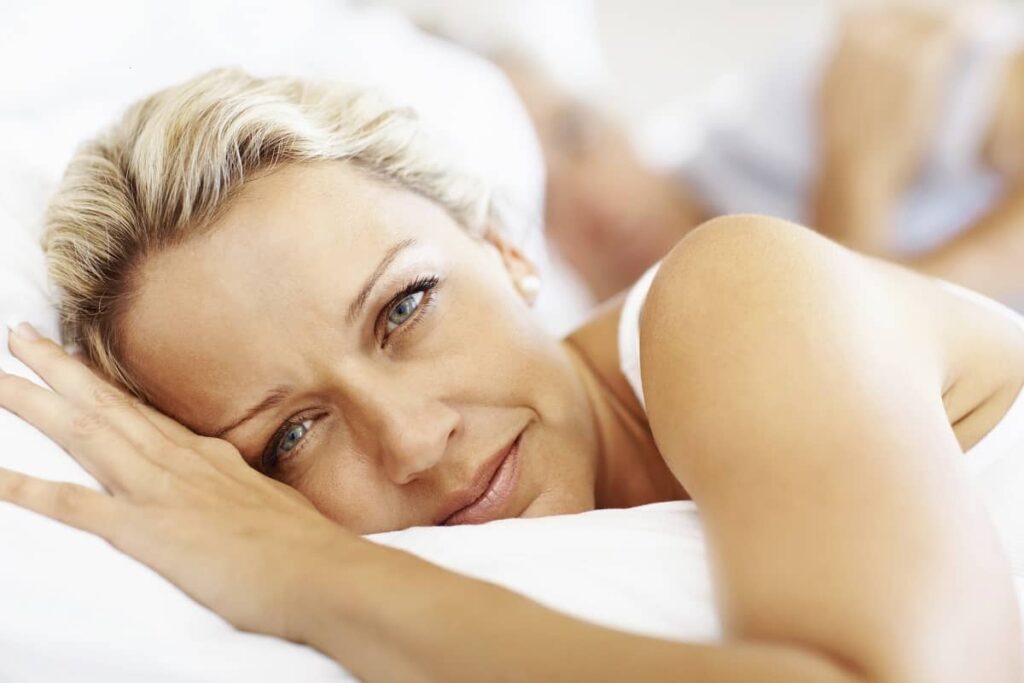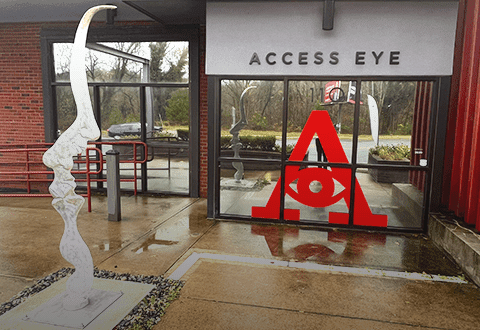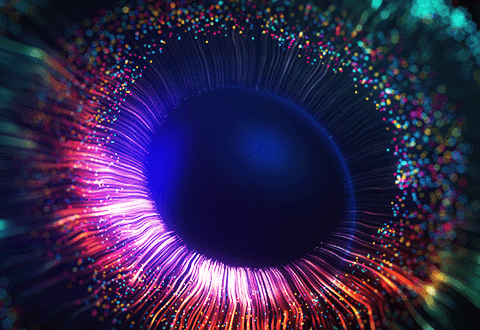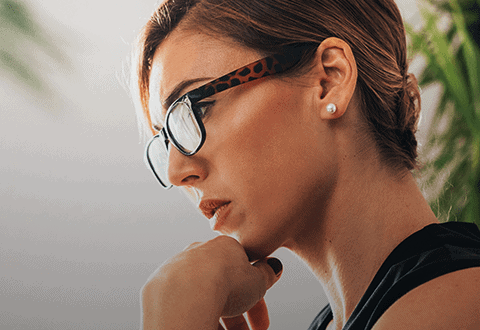Keeping Dry Eye Symptoms Under Control At Night

Some people with chronic dry eye notice that their symptoms become worse at night. There could be a variety of reasons for this, including fatigue from using your eyes all day, changes in your metabolism at night, and certain medical conditions.
In this post, the team at Access Eye discusses how to keep your dry eye symptoms under control at night.
Understand the Cause of Your Dry Eye
You should try to understand the cause or causes of your dry eyes before trying to treat the issue. There can be many different causes and your treatment should be based on your diagnosis.
Nocturnal lagophthalmos is the incomplete closure of the eyelid at night. This can lead to dry eye because your eye isn’t being protected by your eyelid while you sleep.
There are many other possible causes of dry eye, including:
- Inadequate tear production
- Metabolic disorders
- Hormonal changes caused by menopause
- Certain diseases, such as diabetes
- Side effects from certain medications, including antihistamines
- Long-term use of contact lenses
If you haven’t done so already, talk to your eye doctor about your dry eye symptoms and try to get an understanding of the cause.
Treatment Options
There are many different treatment options available for nighttime dry eyes. Lubricating drops and gels are often one of the first options people try because these are available over the counter. Prescription medications can also be used to increase tear production.
If you can’t close your eyes completely while you sleep, a mask may stop air from reaching your eyes. You can even use adhesive or tape the eyelids down. Goggles can also be used for people who have irritated eyelids.
Punctal plugs can also be inserted into the tear ducts. This prevents drainage and keeps the tears in contact with the eye’s surface.
















